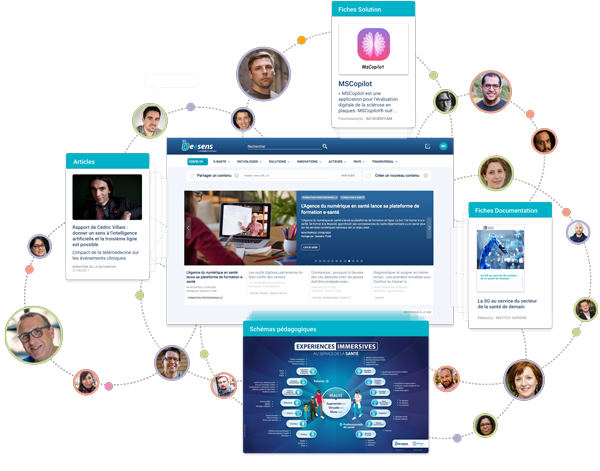"A recent review finds that self-monitoring of diet, exercise levels, and weight using digital health tools could be helpful, in the short term, for people with obesity who are trying to lose weight.
The participants most commonly used websites used to track weight loss interventions. However, there was higher engagement among people using passive technology, such as wearable devices and e-scales.
Tracking weight loss interventions over short periods of time seems to be more effective than tracking them long term. This is due to reductions in engagement with recording over time.
While the world grapples with the COVID-19 pandemic, the ongoing obesity epidemic takes at least 2.8 million lives each year. The Centers for Disease Control and Prevention (CDC) report that the prevalence of obesity increased from 30.5% in 1999–2000 to 42.4% in 2017–2018.
People who have overweight or obesity can reduce their overall mortality risk by losing weight. Weight loss also lowers the risk of cancer, metabolic syndrome, and other conditions. A 2018 CDC report found that in 2013–2016, 66.7% of adults with obesity attempted to lose weight..."
Lire la suite
Tracking weight loss with digital health tools may help reduce obesity
MEDICALNEWSTODAY, 28/02/2021
Partagé par :
Beesens TEAM

Informations liées
Thématiques
Surpoids-Obésité
Évolution des usages
Solutions
BODY+
CDC
Structures
PATEL
Stanford University
CDC










